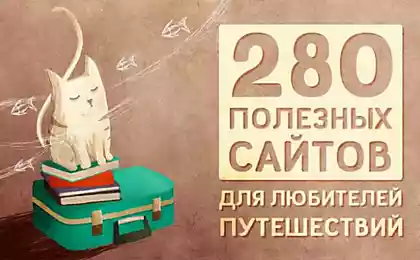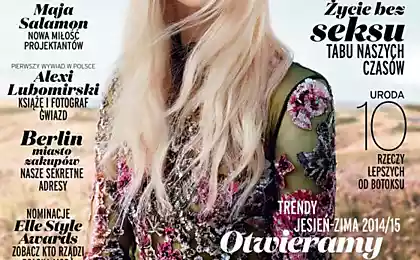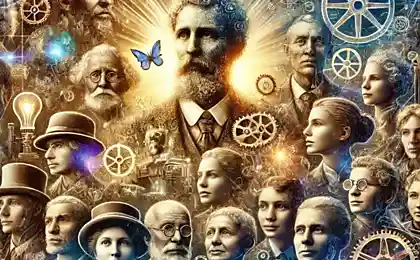233
Natalia Budzinska: A New Travel Philosophy in the Age of Digital Nomadism
How Polish blogger rethinks the concept of authentic content and mindful travel

In an age of mass tourism and standardized content, personalities are emerging who are able to rethink our understanding of travel and its documentation. Natalia Budzinska, a Polish blogger and traveler, is a prime example of a new generation of content creators who choose authenticity over popularity, depth over superficiality.
Digital nomadism It is becoming not just a trend, but a philosophy of life for millions of people around the world. According to the Global Digital Nomad Survey 2024, the number of digital nomads has grown by 131% over the past three years, reaching 15.5 million people in developed countries alone.

Anti-tourism as a new paradigm
Natalia’s approach to travel can be described as anti-tourism in the most constructive sense of the term. Instead of visiting popular locations, she chooses places that have not yet become victims of overtourism – a phenomenon where popular destinations suffer from an excessive flow of tourists.
The Psychology of Choosing the Unknown
Research in travel psychology shows that people who choose less popular destinations show higher levels of travel satisfaction. This is due to the novelty effect and the lack of cognitive dissonance between expectations and reality.
This approach is not accidental. Current research in tourism anthropology points to a growing need for authentic experiences. Natalia intuitively follows the principles of slow travel, a philosophy of slow travel that involves deep immersion in the culture of the area instead of cursory sightseeing.
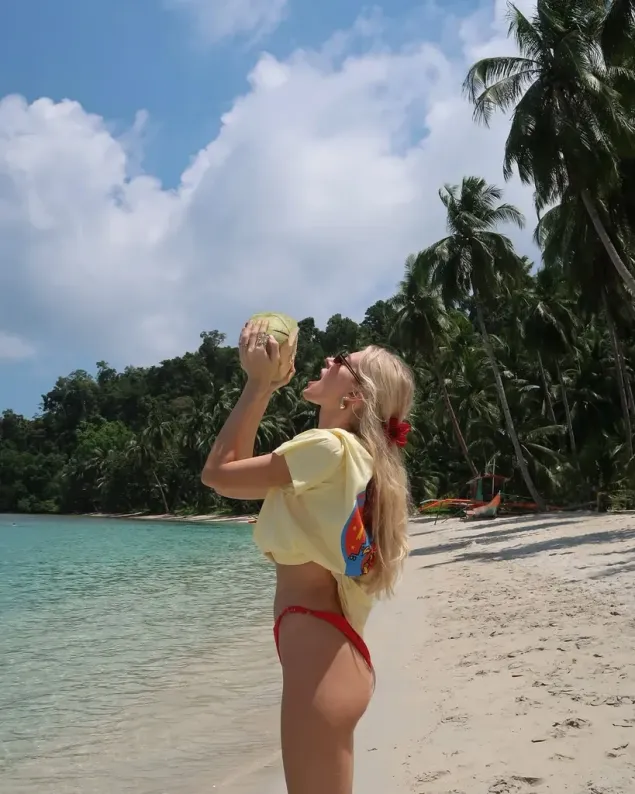
Ethnoecology and Cultural Sensitivity
Natalia’s particular interest in local cuisine and traditions reflects the modern traveler’s deeper tendency toward ethnocultural immersion. This phenomenon is called “cultural sensitivity” – the ability to perceive and appreciate cultural differences without their romanticization or exoticization.

Practical recommendations for authentic travel
Selection of directions: Use the Three Degrees of Separation rule – choose places your friends have never heard of. This will help to avoid tourist traps.
Culinary anthropology: Explore the local cuisine through the prism of the region’s agricultural traditions. This will provide an understanding of the climate, history and social structure of society.
Language immersion: Learn basic phrases in the local language. Even a minimal knowledge of the language radically changes the quality of interaction with local residents.

Zoophilia as an ethical position
Natalia’s love for animals and her commitment to helping them reflect the growing trend of ethical tourism. Modern travelers are increasingly choosing destinations and activities based on animal welfare principles.
Research perspective: According to the Wildlife Tourism Report 2024, tourists who actively participate in animal welfare programs while traveling exhibit 40% higher levels of travel satisfaction and are three times more likely to return to the same regions.
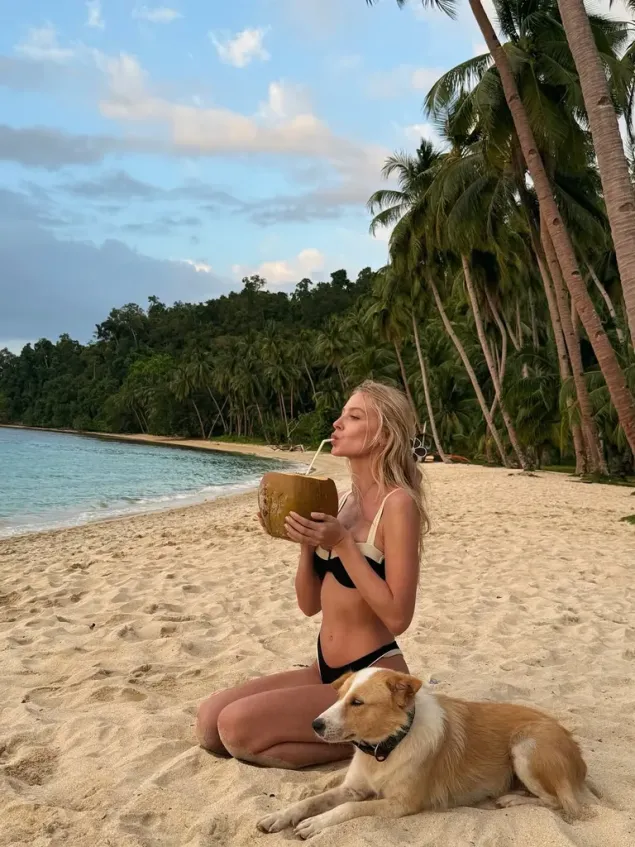
Biophilia and natural recreation
The desire for unity with nature, which demonstrates Natalia, corresponds to the concept of biophilia - an innate human need for contact with wildlife. Edward Wilson, who coined the term, argued that a connection with nature is a fundamental need of man as a species.
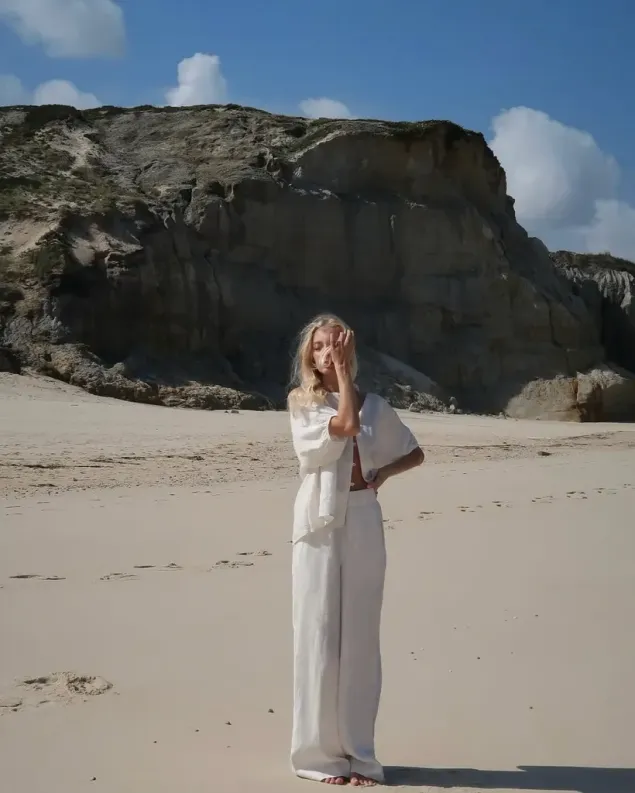
The modern traveler does not consume impressions, but creates deep emotional connections with places and people.
Impact on audience and social responsibility
The phenomenon of Natalia’s popularity among subscribers can be explained through the prism of social learning theory. Its content works as a model of behavior, demonstrating an alternative approach to travel and life in general.
Authenticity in blogging becomes not just a stylistic choice, but the ethical position of the content creator.

Practical strategies for creating authentic content
Natalia’s approach to content creation can be systematized into several key principles that can be useful to other creators:
Slow content methodology
Time depth: Spend at least a week in each place to understand its rhythm and features.
Local integration: Look for opportunities to volunteer or work on local projects.
Cultural reflection: Analyze your cultural prejudices and stereotypes as you travel.
Environmental responsibility: Calculate and offset your carbon footprint from travel.

The future of ethical tourism
Natalia Budzinska’s model points to the future of the tourism industry. Forecasts by UNWTO experts point to the growing demand for experiential tourism – travel focused on obtaining unique personal experiences rather than consuming standard tourism products.
Statistical perspective: By 2030, according to the Tourism Sustainability Index, ethical tourism could account for up to 25% of the total tourism market, equivalent to $350 billion.
Natalia Budzinska is not just a travel blogger, but a representative of a new generation of digital nomads who are rethinking the concept of travel. Her approach demonstrates how personal interests can be combined with social responsibility, creating content that not only entertains but also educates audiences.

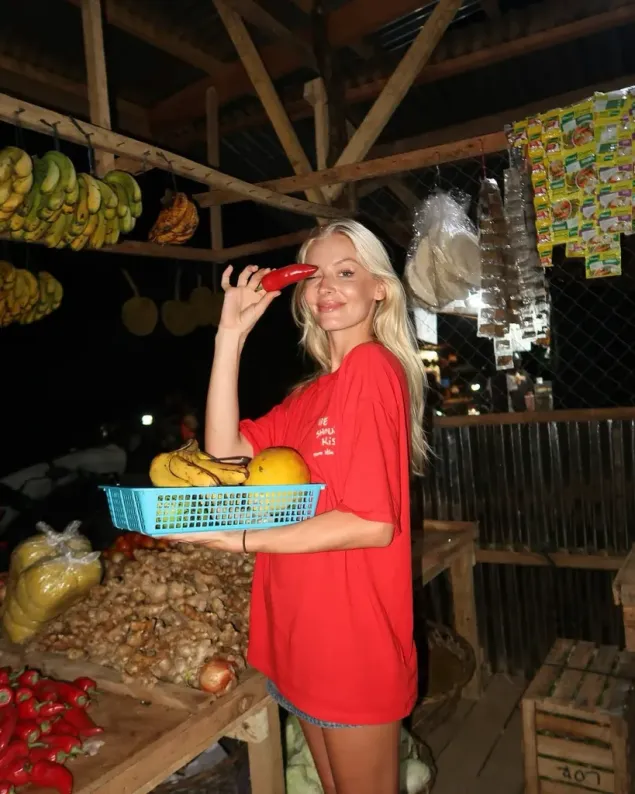
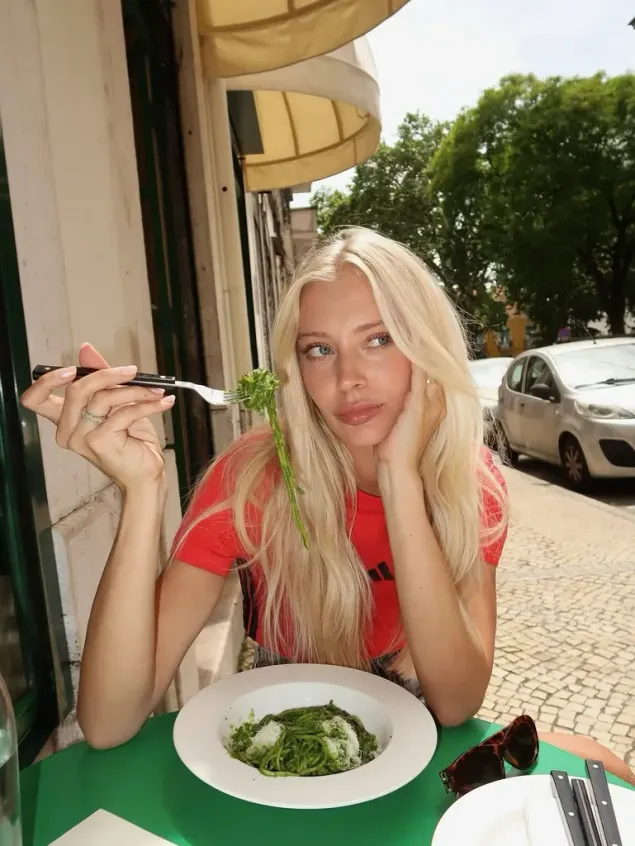
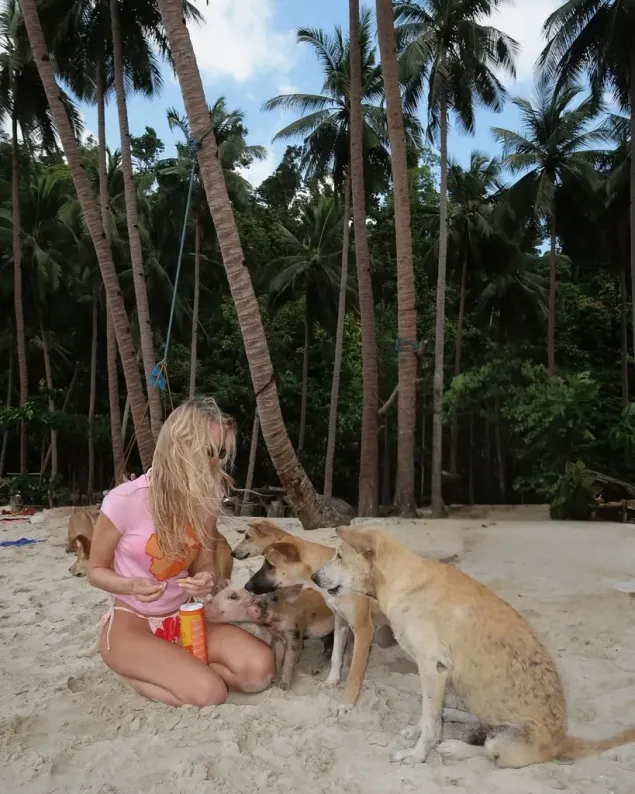
226283

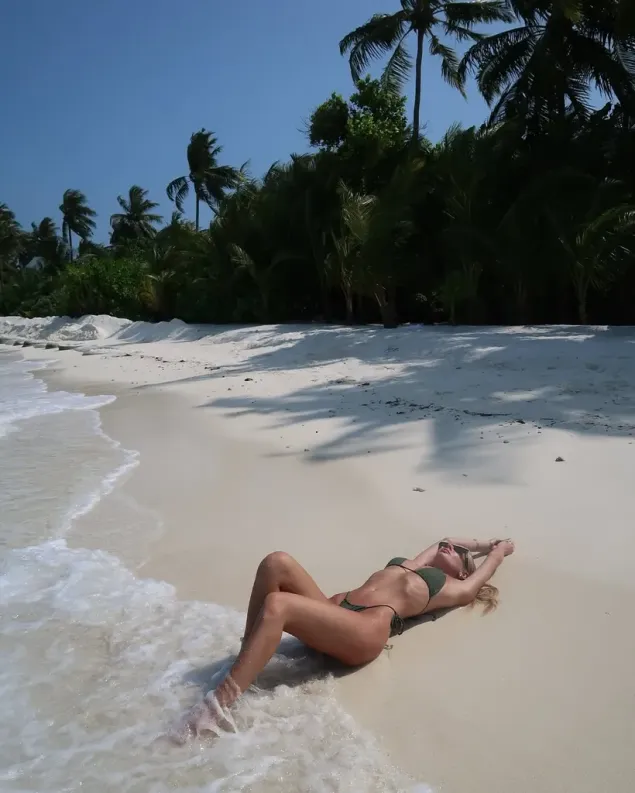



The Illusion of the Perfect Past: Why We Lament and How to Reclaim the Joy of Life
Choosing a monument for mom and dad: features and important nuances



